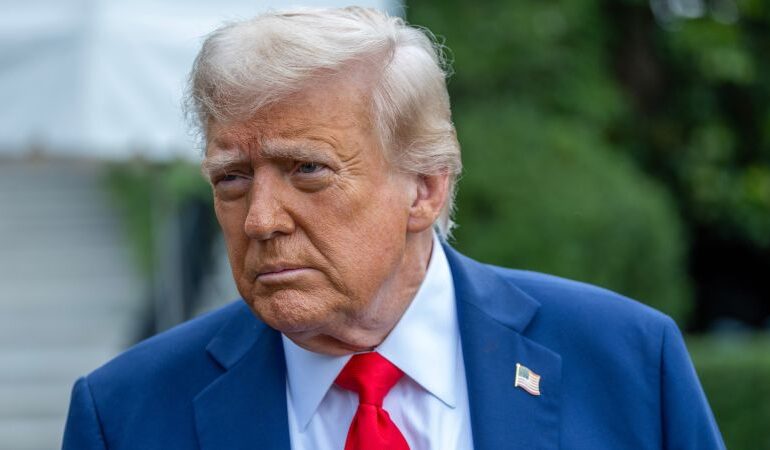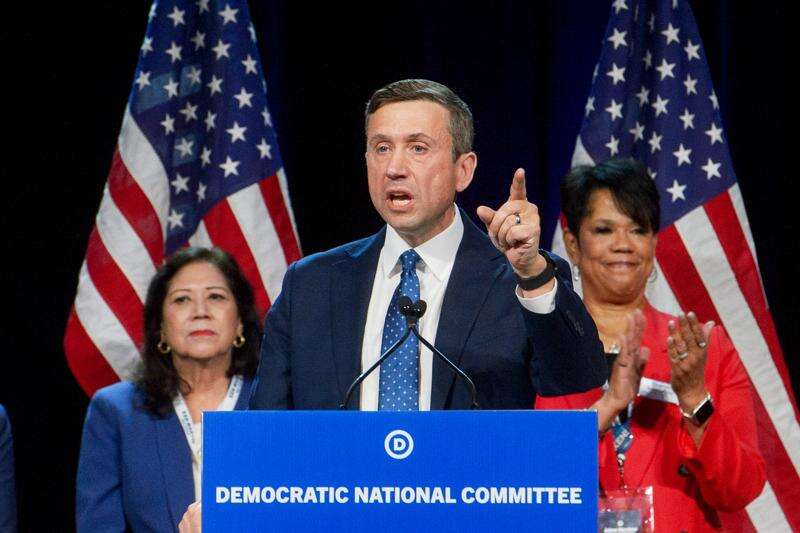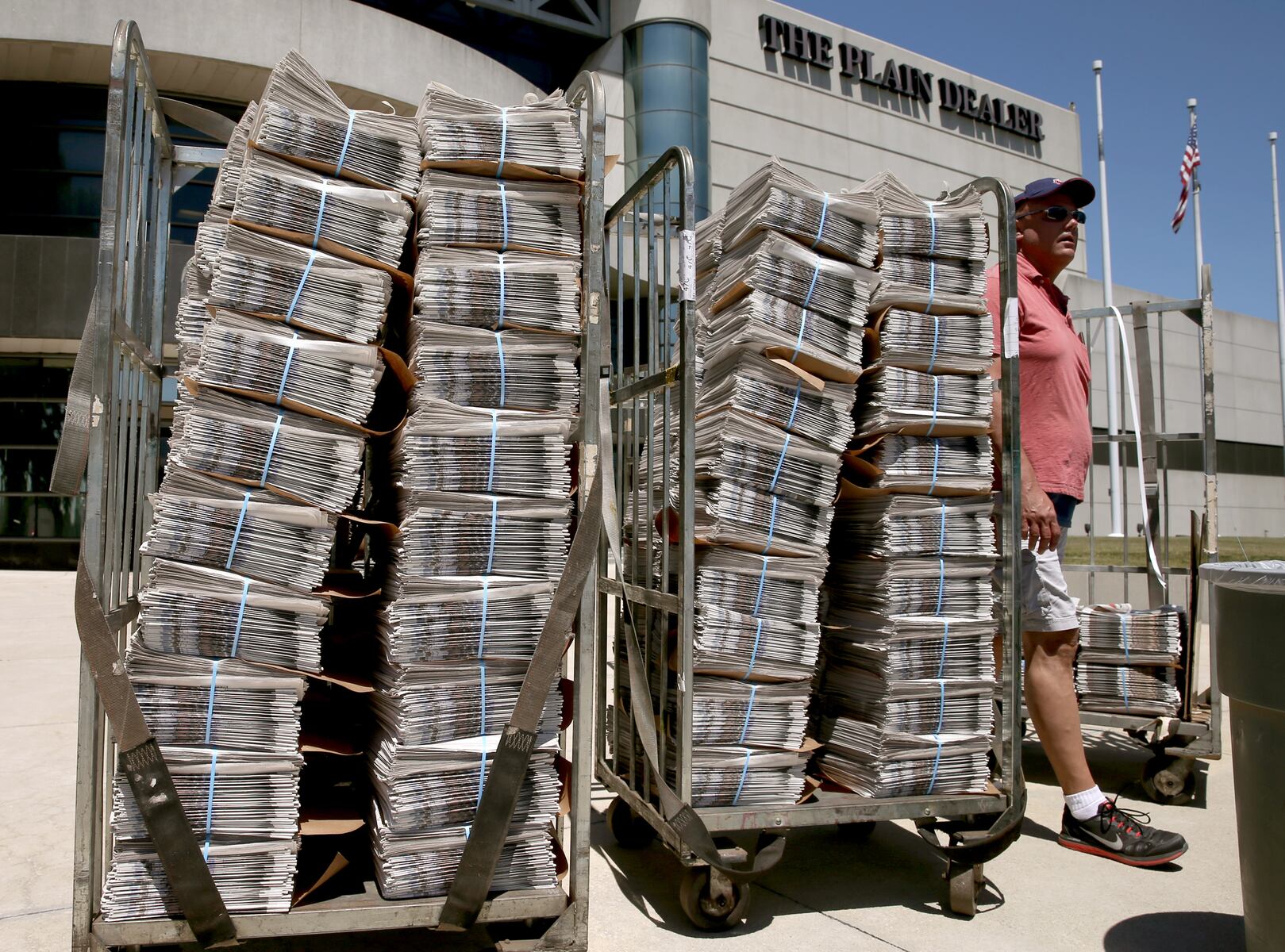Trump Plans to Designate Antifa as Domestic Terror Group Soon

President Donald Trump is poised to designate the anti-fascism movement known as Antifa as a domestic terrorist organization, with an announcement expected as early as Monday. This declaration marks a significant step in Trump’s ongoing efforts to target left-leaning political groups, according to White House Press Secretary Karoline Leavitt.
During a press briefing, Leavitt stated, “Antifa is going to be designated a domestic terrorist organization.” She indicated that Trump intends to sign an executive order very soon, possibly even on the same day. This announcement follows Trump’s earlier commitment to tackle what he describes as radical leftist elements, particularly after the recent assassination of conservative activist Charlie Kirk.
While Antifa has been a vocal presence in various protests, it is characterized by a decentralized structure lacking defined leadership. This raises questions about the practical implications of the designation and whom or what would specifically be targeted. Leavitt emphasized that the executive order would be part of a broader initiative, criticizing Democrats and political opponents. She claimed, “Many Democrats in elective office have now been totally captured by a radical fringe of the far left who want to dehumanize every person they disagree with.”
The implications of classifying Antifa as a terrorist organization are complex. Trump had made similar vows during his first term, but legal analysts believe that such a designation could face significant constitutional challenges. The term “Antifa,” an abbreviation for anti-fascist, encompasses a wide array of individuals whose beliefs often align with far-left ideologies, diverging from traditional Democratic platforms.
Leavitt noted that while some local Antifa groups are well-organized, the absence of a national structure complicates the administration’s ability to pursue leaders or funding sources effectively. Unlike laws that prohibit providing material support to foreign terrorist organizations, no such legal framework exists for domestic groups.
In a social media post last week, Trump expressed his intentions clearly, stating, “I am designating ANTIFA, A SICK, DANGEROUS, RADICAL LEFT DISASTER, AS A MAJOR TERRORIST ORGANIZATION.” He also called for investigations into those funding Antifa, aligning with his administration’s focus on addressing perceived threats from left-wing factions.
Leavitt referenced disturbing evidence from the investigation into Kirk’s murder, citing bullets recovered at the scene that bore anti-fascist messages. She pointed to a series of violent incidents, asserting that they were committed by individuals aligned with Antifa, and reiterated that the administration would scrutinize funding channels for these groups.
The term “antifa” has historical roots in movements opposing fascism, dating back to resistance against Italian dictator Benito Mussolini during World War II and later opposing white supremacist groups in Europe during the Cold War. Trump’s recent announcement has raised concerns about the potential overreach of executive authority and its implications for left-wing dissent in the United States.
As the situation develops, the political landscape continues to shift, with Trump’s stance on groups like Antifa likely to influence the ongoing discourse surrounding political activism and extremism in the country.






